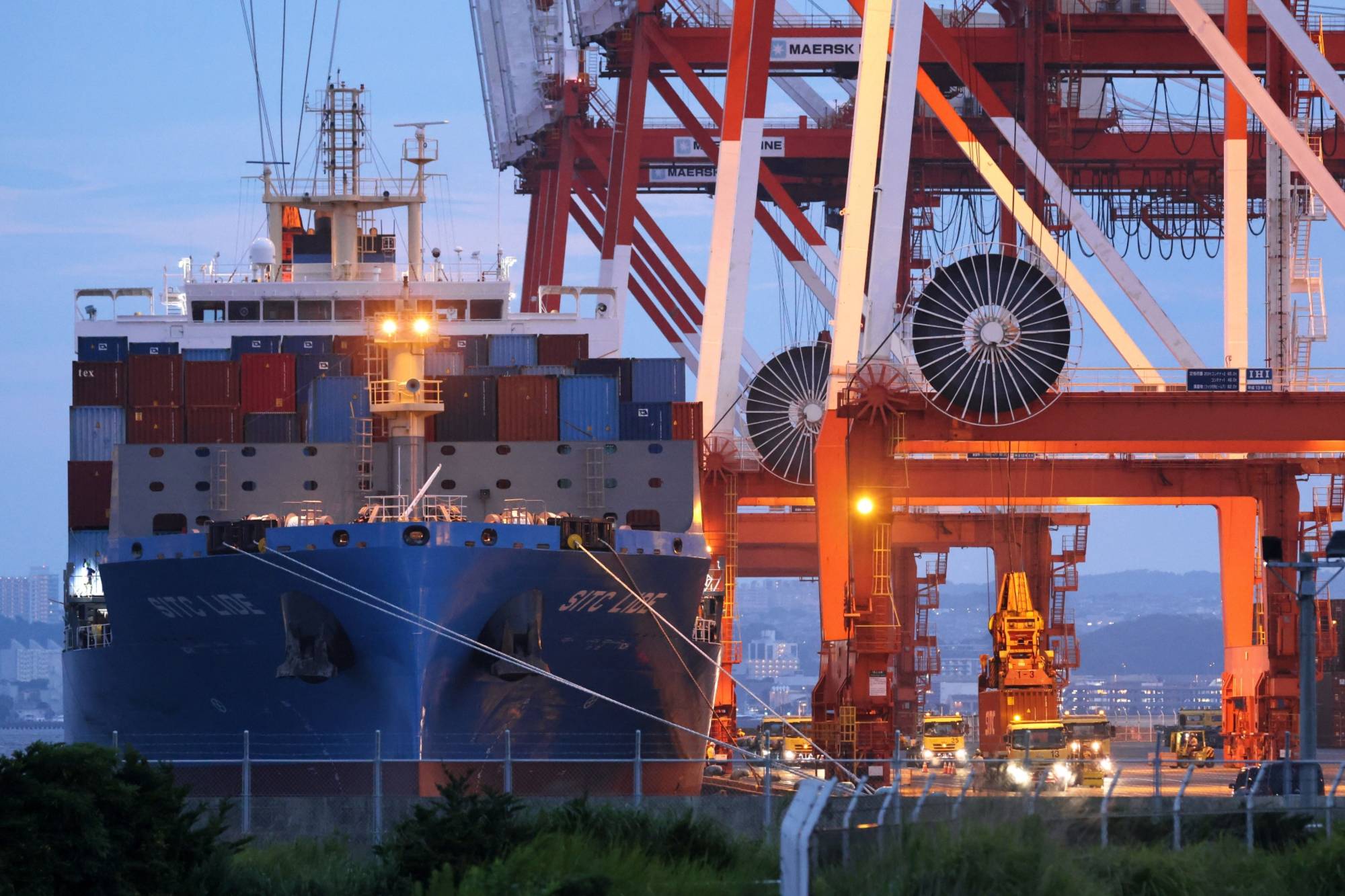As Japanese authorities intervene to rescue the weakening yen from the clutches of foreign speculators, the bigger risk to further declines lies closer to home — importers.
Japan’s need for foreign goods — from natural gas to oil to foodstuffs — creates constant demand for dollars that is insensitive to yield differentials, technical levels and expectations for monetary policy. Even if speculative traders stepped out of the market, trade flows are enough to continue to pressure the yen, especially amid reduced liquidity and high hedging costs, according to analysts.
"There is a huge volume of dollar demand outstanding,” said Tohru Sasaki, head of Japan markets research at JPMorgan Chase in Tokyo. "Importers have to buy tremendous amounts as hedging contracts are knocked out.”



